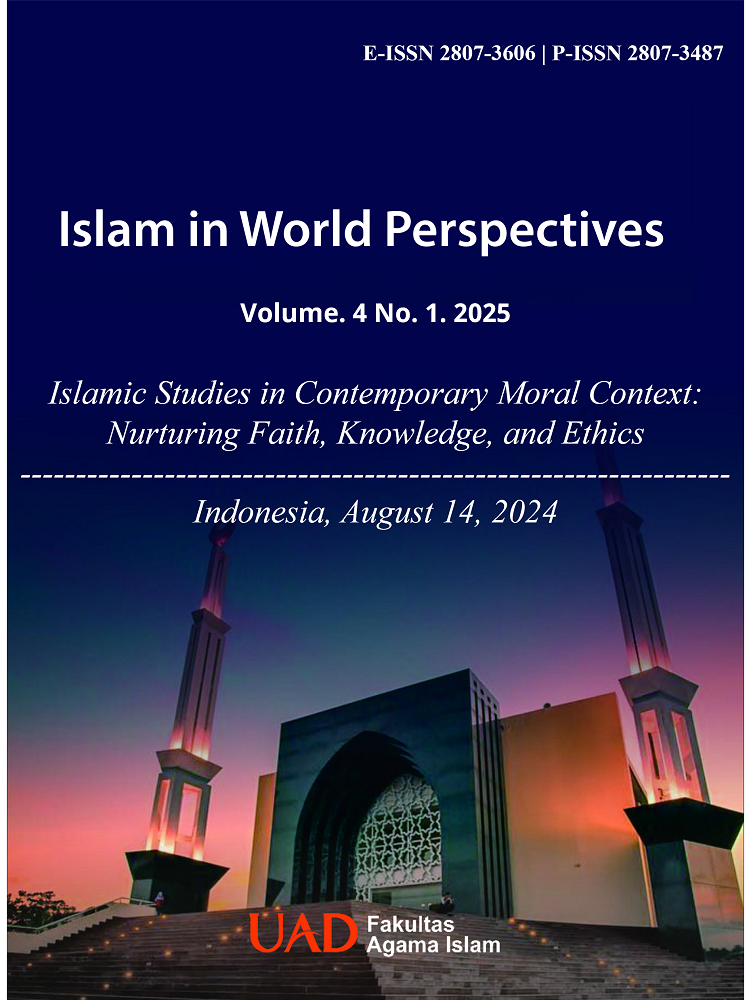Islamic fintech in Indonesia: Sharia compliance as a driver of competitive digital economy
Abstract
This study examines the development of Islamic fintech in Indonesia and its role in supporting the competitive advantage of the digital economy. One crucial aspect in supporting the digital economy is the establishment of Sharia compliance parameters. The study reveals that adherence to Sharia parameters not only ensures that fintech products and services align with Islamic principles but also enhances consumer and industry trust, thereby strengthening the competitive edge of Indonesia's digital economy. Utilizing a qualitative descriptive method, this research highlights that consistent implementation of Sharia compliance in the Islamic fintech industry can have a significantly positive impact, both on the industry’s growth and on the overall welfare of society. The results of this study are expected to contribute to the development of better policies and practices in the Islamic fintech sector and to enhance the understanding of its strategic role within Indonesia's digital economy ecosystem.
Downloads
Published
Issue
Section
License
Copyright (c) 2024 Amrullah Amrullah, Ketina Widiana, Afroh Hana Taqiya

This work is licensed under a Creative Commons Attribution-ShareAlike 4.0 International License.
Authors who publish with Islam in world perspectives agree to the following terms:
- Authors retain copyright and grant the journal right of first publication with the work simultaneously licensed under a Creative Commons Attribution License (CC BY-SA 4.0) that allows others to share the work with an acknowledgment of the work's authorship and initial publication in this journal.
- Authors are able to enter into separate, additional contractual arrangements for the non-exclusive distribution of the journal's published version of the work (e.g., post it to an institutional repository or publish it in a book), with an acknowledgment of its initial publication in this journal.
- Authors are permitted and encouraged to post their work online (e.g., in institutional repositories or on their website) prior to and during the submission process, as it can lead to productive exchanges, as well as earlier and greater citation of published work.

This work is licensed under a Creative Commons Attribution-ShareAlike 4.0 International License.



